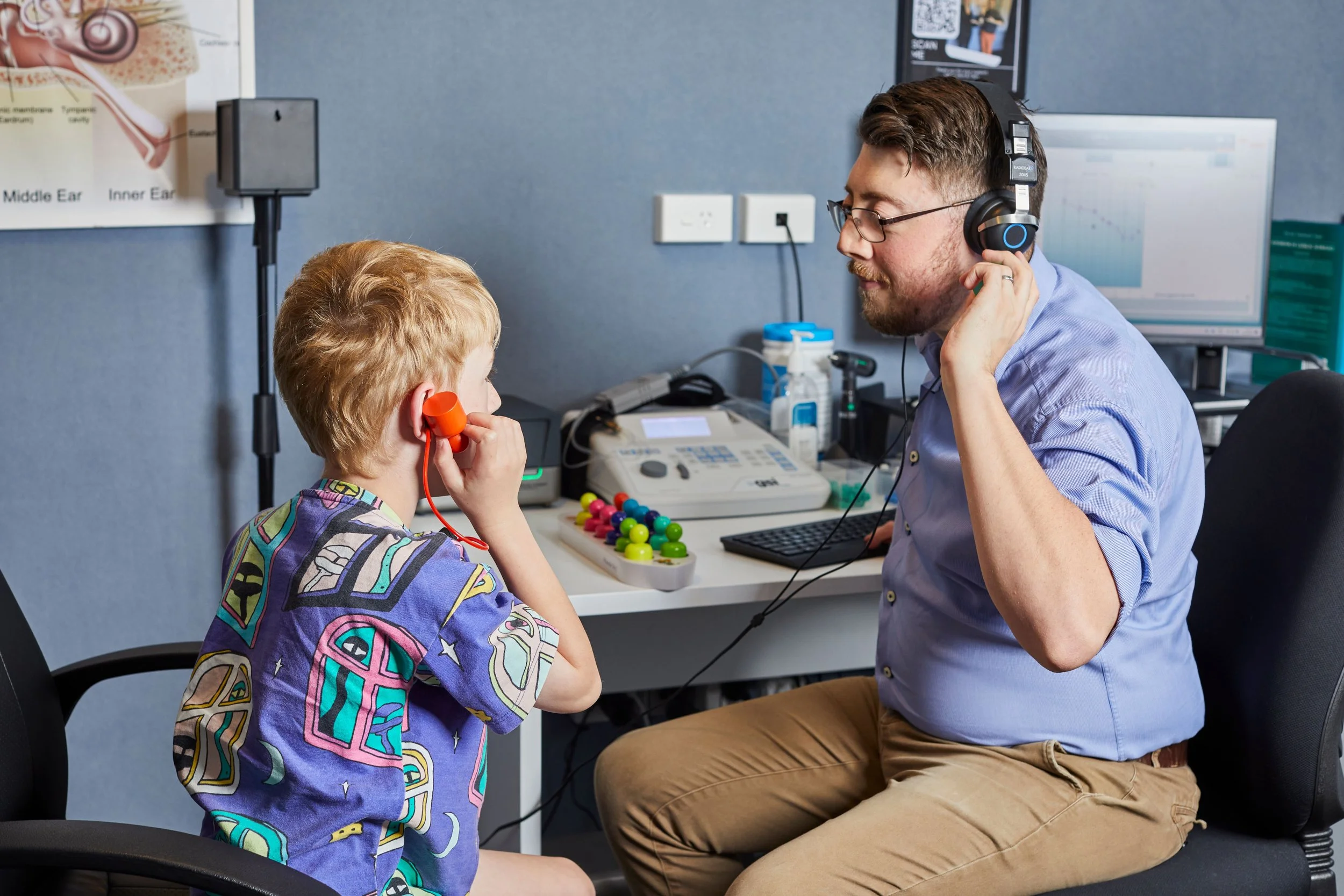what is auditory processing disorder?
Auditory processing disorder (APD) is a general term for hearing disorders where the brain has difficulty interpreting sound from the ears accurately or fast enough.
Most individuals with APD can hear, but often have trouble understanding what they hear.
The exact cause of APD is unknown however there is research to suggest that chronic ear infections, meningitis, and lead poisoning can result in APD. The following conditions are also associated with APD: premature birth, low birth weight, head injury, and nervous system diseases (such as multiple sclerosis).
APD can also co-occur with other conditions including dyslexia, autism, developmental language disorder (DLD) and attention disorders (ADD and ADHD).
Because APD can affect the correct and rapid recognition of phonemes (the sounds of speech) it can be an underlying cause of language, phonological awareness, spelling, and reading problems including dyslexia.
signs you might have apd:
-
Those with APD may find themselves behind in spelling, vocabulary, reading and/or writing.
-
Those with APD may have difficulty understanding and remembering complex verbal instructions. It is better when instructions are brief and simple.
-
Those with APD may have more difficulty hearing speech when background noise is present. They may feel overwhelmed in noisy, busy environments eg. shopping malls, school buses, noisy classrooms.
-
People with APD may mishear, often confusing one word for another and struggling to understand the meaning of what is said to them
-
People with APD may have difficulty remembering instructions that have been said to them, and benefit from written instructions to help
what tests do we do?
Audiometry
Immittance Audiometry - a test to check the the health of the ear.
Pure tone Audiometry - a test of the quietest sounds you can hear.
Speech Audiometry - a test of speech understanding in quiet.
Short Term Auditory Memory
This is a test of how well you remember information that you hear.
Dichotic Words/Digits
This is a test of how well you can separate information from each ear.
Randomised Gap Detection
This is a test of when you can discern one sound from another.
Listening in Spatialized Noise Test
This is a test of speech understanding in different noise scenarios.
Pitch Pattern Test
This is a test of how well you can differentiate different sounds.
treatment options
There are several possible treatments to support those diagnosed with APD, and these are broadly split into two categories:
Technology
Technology to help people with auditory processing disorder gives a short term benefit in making listening easier in an immediate setting, as well as a long term benefit in changing and strengthening neural pathways to improve auditory skills.
Most commonly remote microphone hearing aids are recommended, though some people prefer the practicality of hearing aids without a remote microphone.
habilitation
Auditory training is the name given to an exercise programme focused on specific issues highlighted during testing. It can be delivered face to face or via apps through tablets, laptops and phones.
Hearing & Balance are trained to provide weekly face to face training, with a programme lasting 14 weeks. We are also able to recommend well researched, effective app based training based on need.



